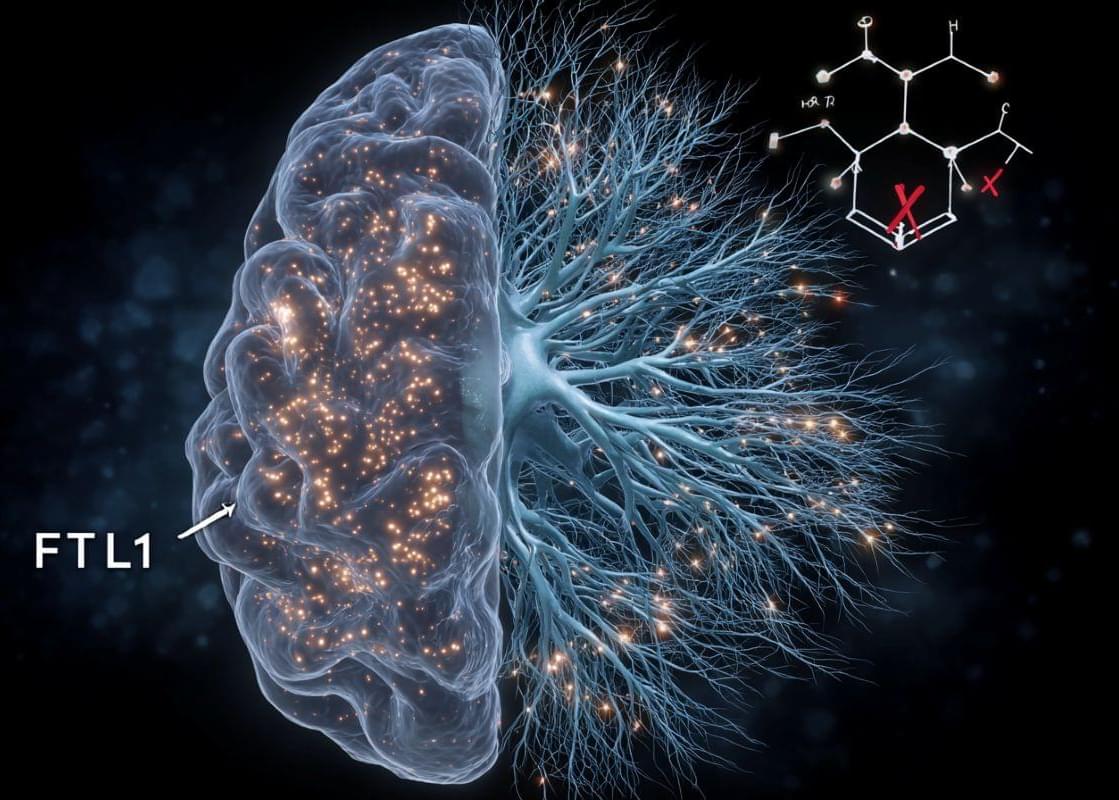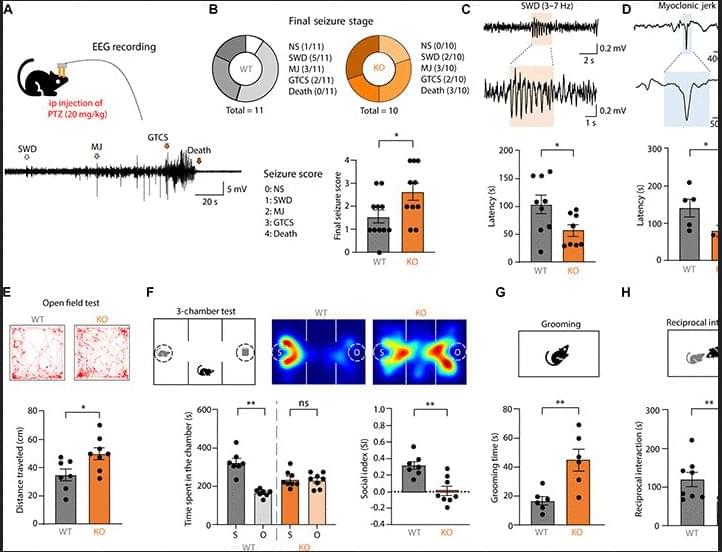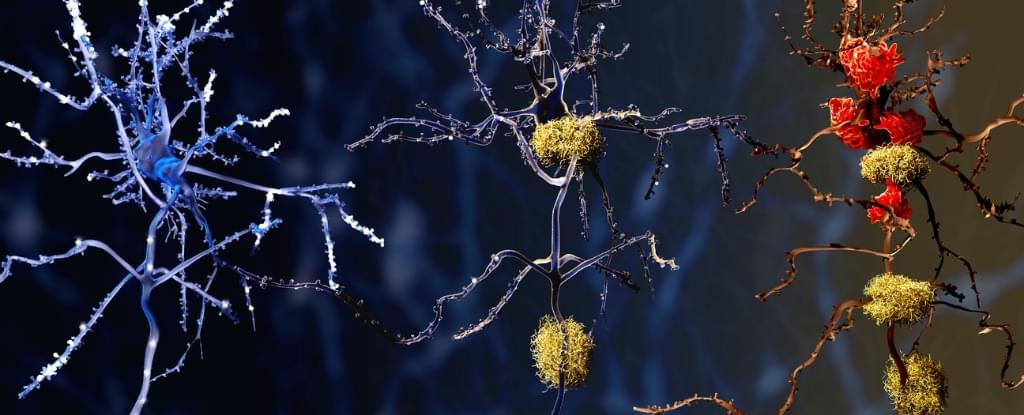An unusually hopeful story about a very long life without death





An innovative method that uses modified versions of a bacterial virus effective at delivering treatments to human cells shows promise as a more inexpensive and efficient way to treat some deadly genetic diseases. Researchers from the School of Pharmacy at the University of Waterloo use a modified version of a bacterial virus called M13 to target specific human cells while

LOS ANGELES — A new drug-releasing system, TAR-200, eliminated tumors in 82% of patients in a phase 2 clinical trial for individuals with high-risk non-muscle-invasive bladder cancer whose cancer had previously resisted treatment.
In the majority of cases, the cancer disappeared after only three months of treatment, and almost half the patients were cancer-free a year later.
“Traditionally, these patients have had very limited treatment options. This new therapy is the most effective one reported to date for the most common form of bladder cancer,” said Sia Daneshmand, MD, director of urologic oncology with Keck Medicine of USC and lead author of a study detailing the clinical trial results published in the Journal of Clinical Oncology. “The findings of the clinical trial are a breakthrough in how certain types of bladder cancer might be treated, leading to improved outcomes and saved lives.”#


Free-floating, planetary-mass objects that are just drifting carefree through the galaxy, untethered and starless, appear to be able to generate their own systems of moons, like a planetary system on a miniature scale.
An analysis of new JWST observations on a number of rogue planets – each weighing between five and 10 Jupiters – has revealed the presence of disks with a significant proportion of crystalline silicate, just like those surrounding some baby stars right before their planets start to form.
“These studies show that objects with masses comparable to those of giant planets have the potential to form their own miniature planetary systems,” says observational astronomer Aleks Scholz of the University of St Andrews in the UK.


Scientists have revealed that immune cells in Alzheimer’s brains behave differently from those in brains of people without the disease – a discovery that could lead to new treatments.
Published in 2023, an analysis of human brain tissue discovered microglia in the brains of people with Alzheimer’s were more frequently in a pre-inflammatory state, making them less likely to be protective.
Microglia are immune cells that help keep our brains healthy by clearing waste and preserving normal brain function.
